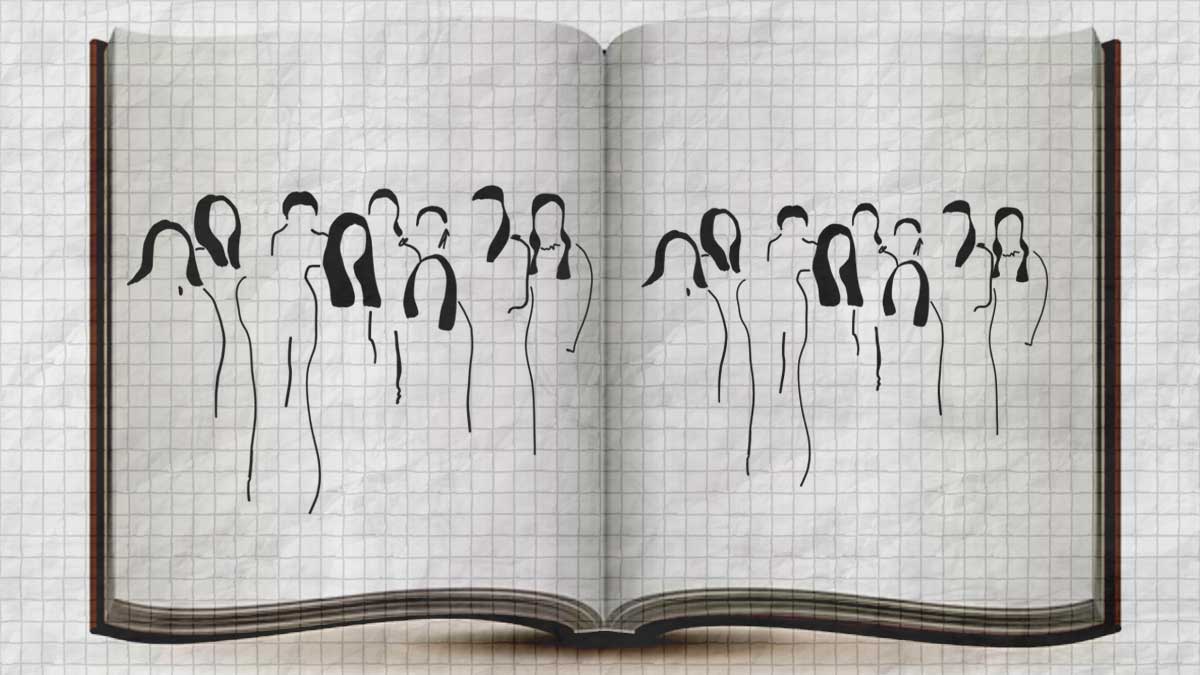
India's leading political parties have unveiled their manifestos ahead of the much-anticipated general elections 2024. From promising advancements in technology, innovation, sports, and regional development, among other sectors to announcing ambitious infrastructure projects, many impressive strategies have been proposed to enhance India's global standing. Amidst the grand pledges, women were eagerly anticipating what the political parties have in store for them.
Interestingly, the leading political parties have discussed reforms and new initiatives for women in their upcoming term. Along with that, the issue that has been persistent for decades now, safety wasn’t overlooked, either.
As the elections draw near, Siddharth Chandrashekhar, Advocate and Legal Counsel, Bombay High Court and Supreme Court helped us decipher the manifestos of India's two leading parties - the Bharatiya Janata Party and the Indian National Congress, concerning women in India.

Don't Miss: 10 Women's Safety Rights You Need To Be Aware Of

The party will also adopt a Uniform Civil Code (UCC). Further explaining this reform, Siddharth Chandrashekhar, Advocate and Legal Counsel, Bombay High Court and Supreme Court said, "At present, personal laws in India are based on religious customs and traditions, leading to different legal standards for individuals belonging to different religious communities. This results in perceived disparities in rights and protections, particularly concerning women's rights. The idea behind a Uniform Civil Code is to apply a common set of laws governing personal matters such as marriage, divorce, inheritance, and adoption for all citizens, irrespective of an individual’s religion."
"A stance in favour of a Uniform Civil Code from a gender equality perspective reflects a belief that uniformity in personal laws is essential for ensuring gender equality and protecting the rights of women. Implementation of a Uniform Civil Code could harmonise various personal laws and ensure equal rights and protections for all individuals, irrespective of their religious affiliations. This can be perceived as an emphasis on the need to draw upon the best traditions while adapting them to modern times, indicating a desire to preserve cultural and religious diversity while promoting gender equality and individual rights," he added.
Both parties have prioritised women's safety and equality in their agendas. We hope that the incoming leadership will bring positive change for women, fostering a safer and more equitable nation.
Disclaimer: This piece is crafted based on the election manifestos of political parties. It is free of any personal perspective or bias.
Also watch this video
Herzindagi video
Our aim is to provide accurate, safe and expert verified information through our articles and social media handles. The remedies, advice and tips mentioned here are for general information only. Please consult your expert before trying any kind of health, beauty, life hacks or astrology related tips. For any feedback or complaint, contact us at [email protected].